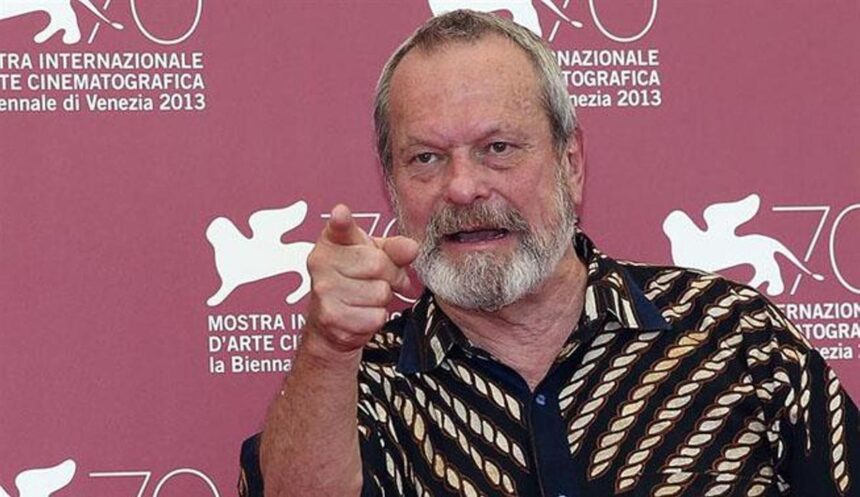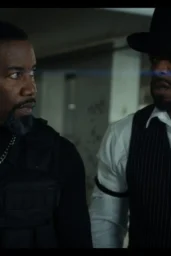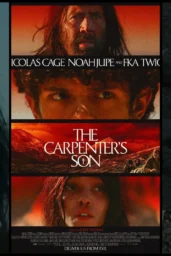There’s limbo—and then there’s Terry Gilliam limbo. Not some gentle, Catholic halfway house for lost souls, but a fevered, neon-lit purgatory packed with carnivals, devils, and the wailing ghosts of projects almost-made.
The man is 84. Let that sink in. Most directors his age are ending their memoirs, basking in lifetime achievement statues, boring their grandkids with tales of the one that got away. Gilliam? He’s still fighting for a shot at damnation—the fun kind, the cinematic kind. “Carnival at the End of Days” is supposed to be his last word, a howling, high-concept apocalypse starring Satan (that’s Johnny Depp; you were expecting someone else?), Adam Driver, Jeff Bridges, Jason Momoa, Asa Butterfield, Emma Laird. It’s Gilliam all the way down: ensemble chaos, ambition bigger than the budget sheet, the scent of doom clinging to every deal memo.
And for a blink, a cruel little moment, it was almost real. Italian producer Guglielmo Marchetti—if you know, you know—said the $30 million stack was ready to fall, with Rome’s Cinecittà reserved for April, three thousand bodies in the crew pipeline, and a contract thick as a phonebook. Berlin’s European Film Market reportedly buzzed. Insiders whispered: maybe it’ll happen this time.
April rolled around, brought no word. Not one camera turned over. Just silence, the kind that echoes irony. Four days ago, Gilliam himself—he of the thwarted crusades—gave it to us straight: “I don’t know if anybody will ever fund it.” The world, he mused, is too preoccupied with Iran, Israel…to bankroll the end times. There are more pressing apocalypses, apparently, than his.
There’s a tragicomic tinge to all this. It’s classic Gilliam. A man who once swung fists at studio bosses, the architect behind “Brazil” and “12 Monkeys,” the mad prophet who wrestled Don Quixote for twenty-five years only to see its corpse flop in 2018, now stuck watching yet another vision slip through his fingers. No creative luck, no commercial luck. Nobody lines up to back a dreamer whose last hit is a VHS memory.
What do you do when your brand is cursed ambition? Do you scale down, settle, grow careful? Please. Gilliam shrugs off logic like last year’s tux. Even his planned finale is biblical, with Depp as Satan tempting Adam and Eve (Butterfield/Laird), the whole damn circus pitched as comedy. Blasphemy? Hardly—just another day in the Gilliam Cinematic Universe.
Is anyone surprised Hollywood can’t stomach it? The suits remember the money pits, the productions that chewed up studios and spat out stories fit for film-school campfires. They respect him, love him at a distance, refuse him at the register.
I want this film. Do you? Three thousand crew, lost jobs; Gilliam, lost chance. Feels like a metaphor for…everything. Great artists condemned to make their last, best work in their heads. The end of days, indeed—but only for the ones who still dream in circus colors.
And what if this really is it? If “Carnival” never escapes limbo—does that make it legend, ghost story, or just another tragedy of an industry allergic to risk, allergic to wonder?
Hell if I know. Maybe that’s the point.











